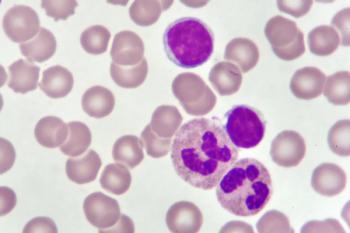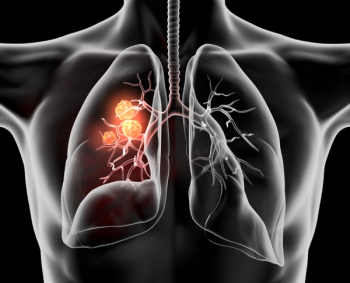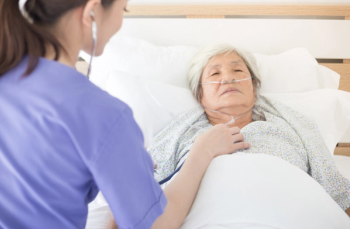
For the future of precision medicine, many health care providers hope to see a flood of new therapies for biomarker testing to be approved in the next few months.

For the future of precision medicine, many health care providers hope to see a flood of new therapies for biomarker testing to be approved in the next few months.

In a presentation at the Community Oncology Alliance 2021 Virtual Conference, Jeff Sharman, MD, summarized the most important developments in care for CLL.

In the United States, non–small cell lung cancer accounts for 80% to 85% of all lung cancers, with most patients initially diagnosed with advanced or metastatic disease.

The first step toward operationalizing the uptake of biosimilars is having a program-level discussion that not only describes what biosimilars are, but also assesses how they impact the bottom line and could get incorporated into treatment plans.

A session at the Community Oncology Alliance virtual 2021 conference noted that clinical trials have found promising new treatments for patients with breast cancer, offering opportunities for future new approvals and indications.

In patients who received early palliative care, researchers noted a lower percentage of patients with depression, improved quality of life, and, significantly, longer survival.

Panelists at the Community Oncology Alliance (COA) virtual 2021 conference said the impacts of the pandemic on their day-to-day operations were challenging, although they all said they were proud of how their staff handled the rapid changes in spring of 2020.

Staying educated in the formal and informal health care settings surrounding state-of-the-art cancer care in the community practice is essential for success.

In a lecture at the virtual Community Oncology Conference 2020, Christine Roussel discussed some clinical considerations for the use of medical cannabis in patients with cancer.

There are a variety of interventions that can be used to improve survival after a patient reports cancer toxicity following treatment.

An expert panel at the Community Oncology Conference 2020 discussed how COVID-19 is changing the future of community oncology.

Alexander Spira, MD, PhD, FACP, discussed how there are many types of malignancies when it comes to lung cancer, and we need to set this paradigm for our patients in the future.

The era of social distancing will likely leave a lasting impression on telehealth services, as HCPs quickly learn to incorporate it as a valuable tool and adapt to changes.

The current state of oncology is shaping challenges for the future specifically in the areas of telehealth, home infusions, and a surge of new patients that have not been to oncology clinics yet.

Experts discuss what their teams have learned throughout the COVID-19 pandemic, during the COA virtual conference.

Solving challenges of the current system is vital to spreading clinical trials into community clinics, which may be increasingly important.